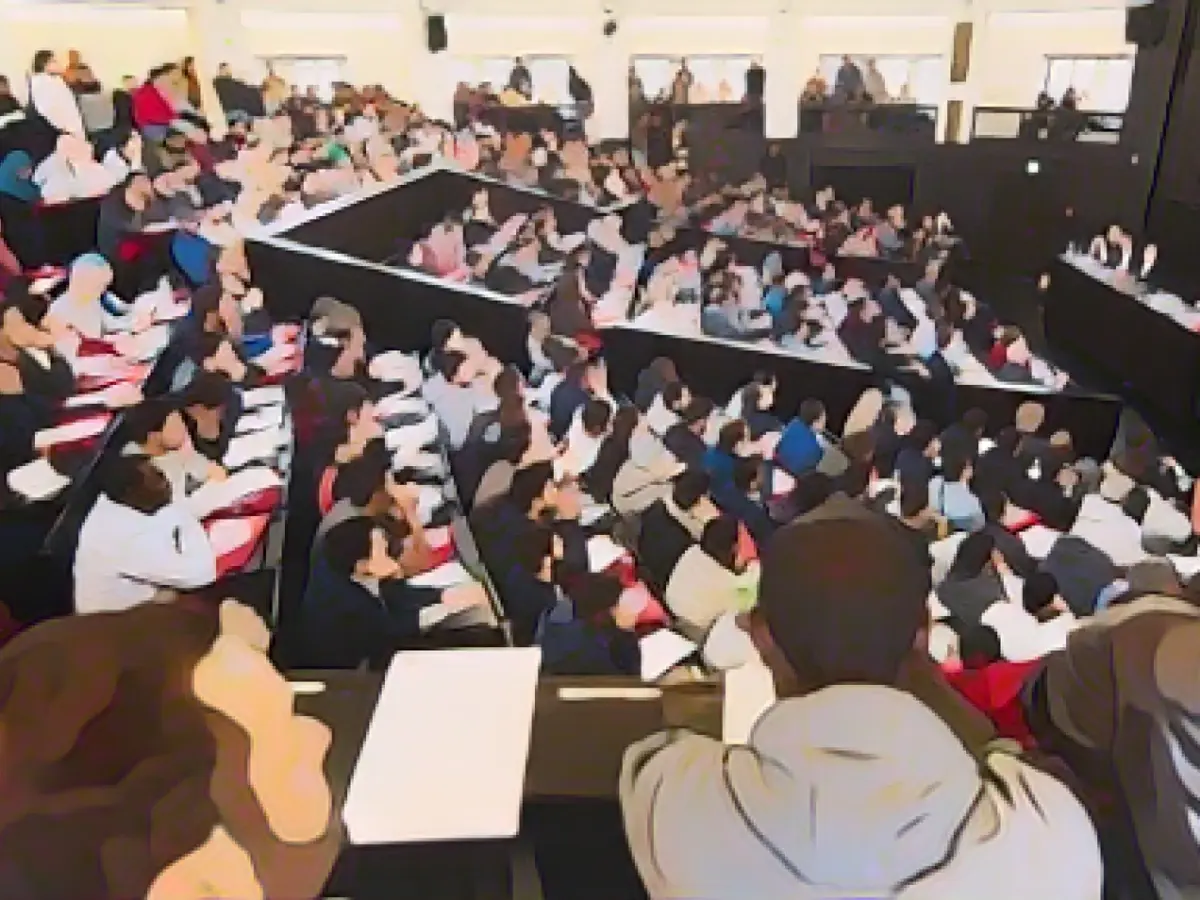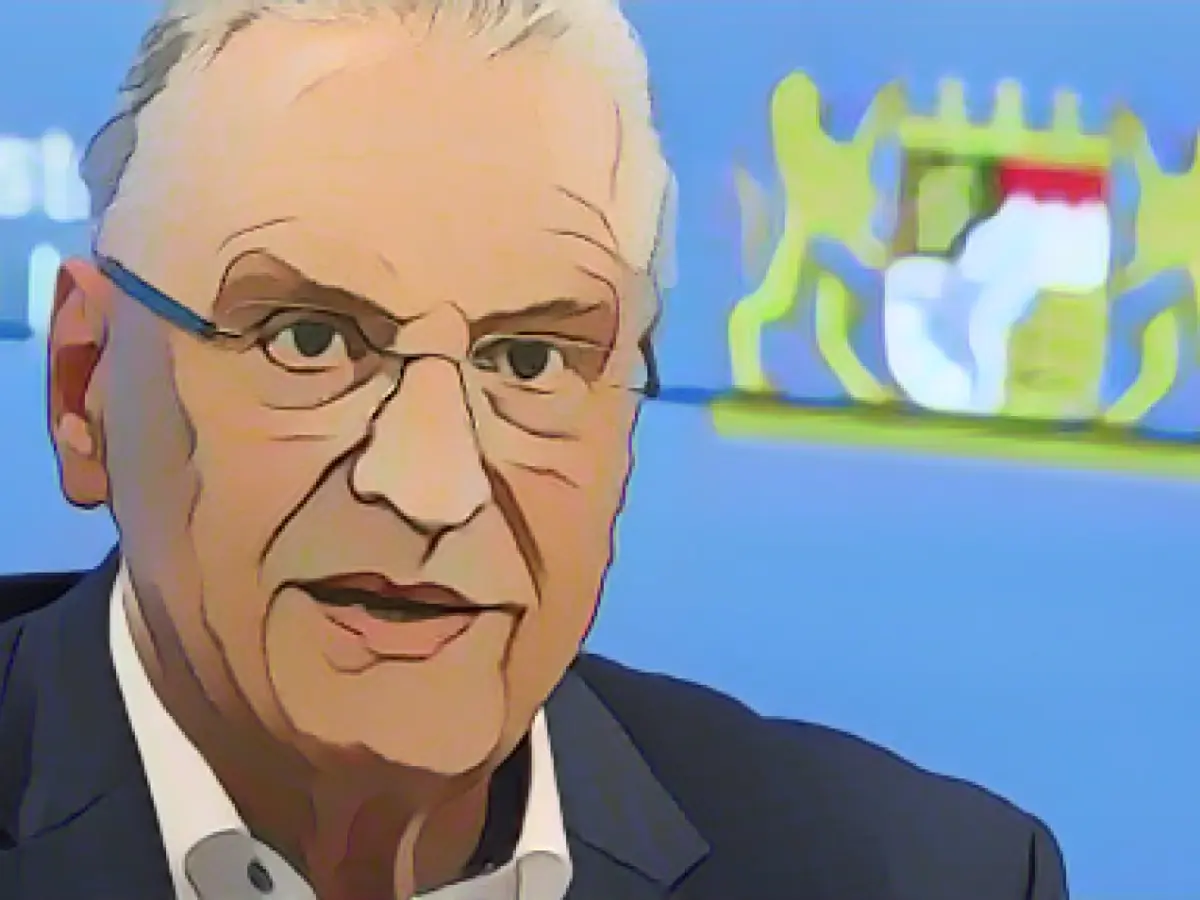Uni Aid Extension: Helping Refugee Scholars Thrive to 2025
Hamburg's two refugee researcher and student support programs, 'UHHhilft' and 'Hamburg Programme for Scholars at Risk', have received a fresh boost, extending their operations until 2025. The Ministry of Science secured funding, making it possible for these vital initiatives to continue, according to their announcement on Wednesday. The goal is to ensure quick and unbureaucratic assistance for researchers and students impacted by forced displacement or flight, aiming to enhance their access to higher education and academic careers.
Katharina Fegebank, the Green Science Senator for Hamburg, recognizes the importance of providing a smooth connection for individuals with a history of flight. She commended the programs as exceptional support mechanisms, expressing her pleasure at securing funds for the programs to carry on at Universität Hamburg, continuing the successful work.
UHH President Hauke Heekeren emphasizes the successful track record of both initiatives, highlighting the "UHHhilft" program's positive impact on increasing the representation of international students within the institution. The successful project, launched in 2015, provides assistance through preparatory classes and language courses to facilitate admission for refugee students. The German Academic Exchange Service (DAAD) funds the project, which will receive a 100,000 EUR contribution for the next two years from the science authority.
The current participation stands at around 250 individuals per semester, with high demand from refugee students and researchers. Funding for the second program, 'Hamburg Programme for Scholars at Risk', will be extended by 125,000 EUR. Since its inception in 2019, the program has provided 2,000 EUR monthly scholarships to researchers on the run for stays in Germany, ranging from 1 to 12 months. Thirty scholars from various backgrounds have benefited from this aid, among them 18 Ukrainian researchers, who have found refuge at Universität Hamburg, the Hamburg University of Applied Sciences (HAW), and the Hamburg University of Fine Arts (HFBK).
- The extension of these aid programs will enable migrant students studying at Universität Hamburg to take advantage of the ongoing support initiatives.
- Katharina Fegebank, the Hamburg Science Senator, acknowledges the remarkable impact of the aid program on refugee students, expressing pleasure at securing continued funding for the 'aid program' at Universität Hamburg.
- The 'Hamburg Programme for Scholars at Risk' has extended its support to 30 researchers, including 18 from Ukraine since 2019, providing financial aid for their stays at various Hamburg universities.
Source:
Supplementary Information:
The University of Hamburg (UHH) provides multiple initiatives for refugee researchers and students, including:
- Hamburg Programme for Scholars at Risk: This program provides scholarship funds of 2,000 EUR per month for researchers in distress, enabling them to stay in Germany for 1 to 12 months. UHH has already supported 30 scholars through this initiative, including 18 from Ukraine, at various universities within Hamburg.
- Gerda Henkel Foundation Funding: While it's not exclusively for the UHHhilft program, the Gerda Henkel Foundation offers funding opportunities for scholars at risk, including subsistence scholarships, doctoral scholarships, and research scholarships for topics in humanities and other fields.
- Funding for Ukrainian Researchers: UHH has a specific funding program for Ukrainian researchers in acute danger, set up as part of broader international efforts to support researchers affected by the conflict in Ukraine. Details regarding the project's specific funding amounts and durations are not provided in the sources.
- State Research Funding: UHH has received state research funding for various projects, such as smart cities, history teaching, AI-based infection, and autoimmune research. While this funding is not exclusively aimed at refugee researchers or students, it represents an additional opportunity for scholars within the university.





